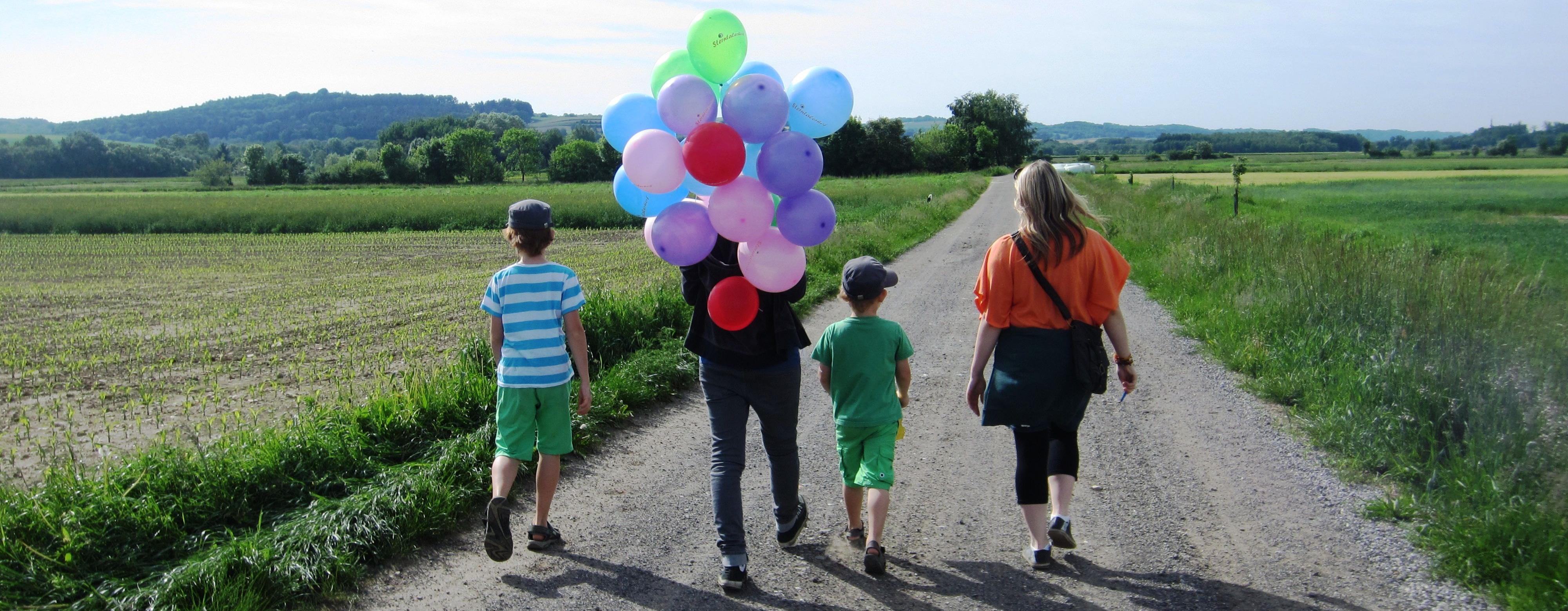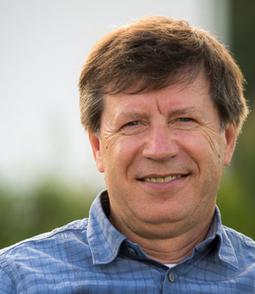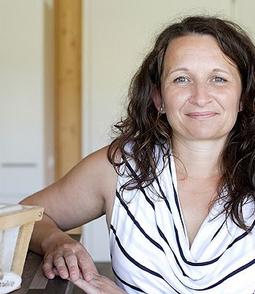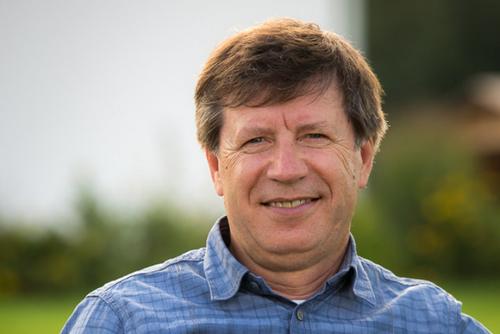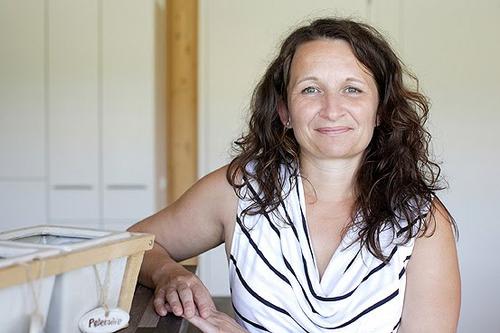Integrative guidance through grief
Grief needs room, space and time.
We at Sterntalerhof integrate guidance through grief into our work; illness, death, and grief affect the entire family, sometimes also relatives and friends.
Accompanying a seriously ill child or adolescent starts with the diagnosis and does not end with death. The time of mourning points the way into the new phase of life for the surviving relatives – a phase which hopefully leads directly INTO life without many emotional scars.
Trauertherapeutin Claudia RITTER - “Verlust in das Leben integrieren”
Grief has many faces: children and adolescents mourn in a different way than adults do – this very often brings about misunderstandings within the family, it causes tension and apportionments of blame in this time of “speechlessness”.
Fachl. Koordinatorin Mag. Lisa WIESINGER - “Besondere Fähigkeit zu trauern”
Those who support people in mourning need professional competence and a lot of empathy, and a feeling for the need of when to be close to or else have enough distance from the affected person – in order to be able to distance and protect oneself.
When touring Sterntalerhof you will see trees or small bushes decorated with paper butterflies, wind wheels; there are tree trunks and next to them lanterns, perhaps a little angel or a toy: places of remembrance. They remind us of children who have passed away, and are designed by parents, siblings, and friends.
Trauertherapeutin Claudia RITTER - “Ritual im Erinnerungsgarten”
On a regular basis we host visitors who come to remember, to talk, to cry – a place to mourn. This phase in life is demanding, a burden, it takes away the air that you need to breathe. The way back into life, into some kind of normalcy, is difficult and long.
Grief needs space; an environment which has enough room for emotions; chaperones who walk alongside or away from you in empathy, who stay silent but most important of all, can listen; grief needs room for communication – without talking, so that problems are not talked over too much. Animals like our therapy horses can be very helpful here.
Fachl. Koordinatorin Mag. Lisa WIESINGER - “Pferde in der Therapiearbeit”
Grief needs time: How long might the time you need to mourn last? When is grief becoming an illness? Do you need professional help?
Hospizarzt Dr. Gustav HERINCS - “Trauer und ihre Folgen“
Mourners need time, but people supporting them need to take their time, time to just be there, time to be silent together.
Seelsorger Dr. Peter OKEKE - “Kapelle als Ort der Stille”
Art and creative therapy, music and dance therapy and therapeutic horse riding are additional possibilities to reach mourning persons.
Fachl. Koordinatorin Mag. Lisa WIESINGER - “Jedem seine Kraftquelle”
Accompanied by psychologists, pastor and a team of caretakers, we give grieving families the possibility to exchange their thoughts with others; they can talk over cooking together in the kitchen or while eating together, when taking a walk, and if desired – in individual counselling sessions.
What is most important when mourning is that you find a suitable source of strength in your everyday life. It can be found in sports or in being together with other people. Or, as Counsellor Okeke always says, it always can be found in remembering.
Seelsorger Dr. Peter OKEKE - “Trauerbegleitung ist Erinnerungsarbeit”
How can mobile care in times of grief help? Our team supports siblings at the funeral; Sterntalerhof organises and books appropriate continuing therapies, care, support at home, etc.
Fachl. Koordinatorin Mag. Lisa WIESINGER - “Mobile Versorgung”
Responsible for this field:
